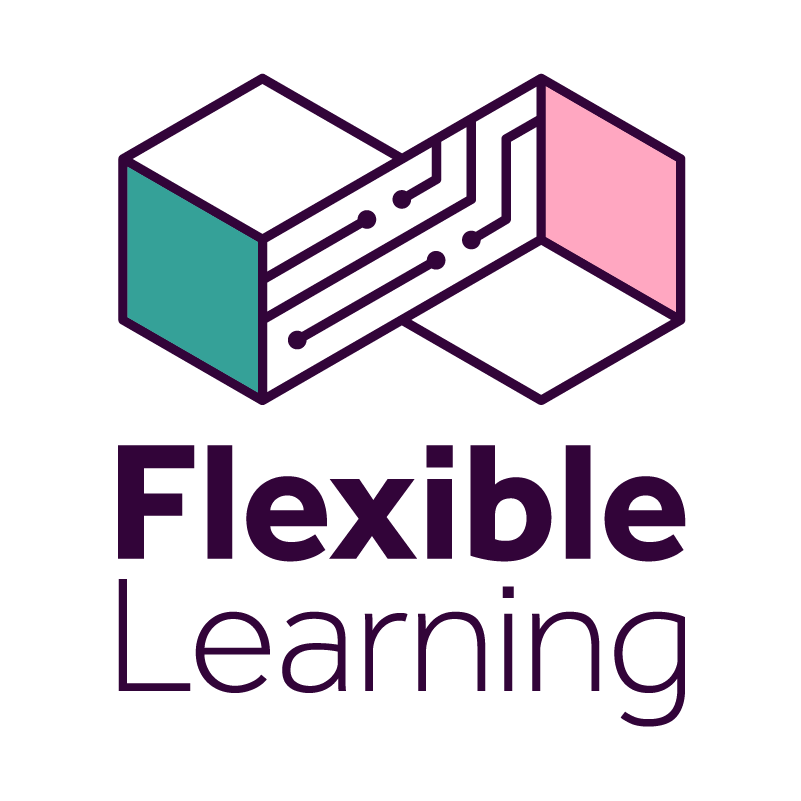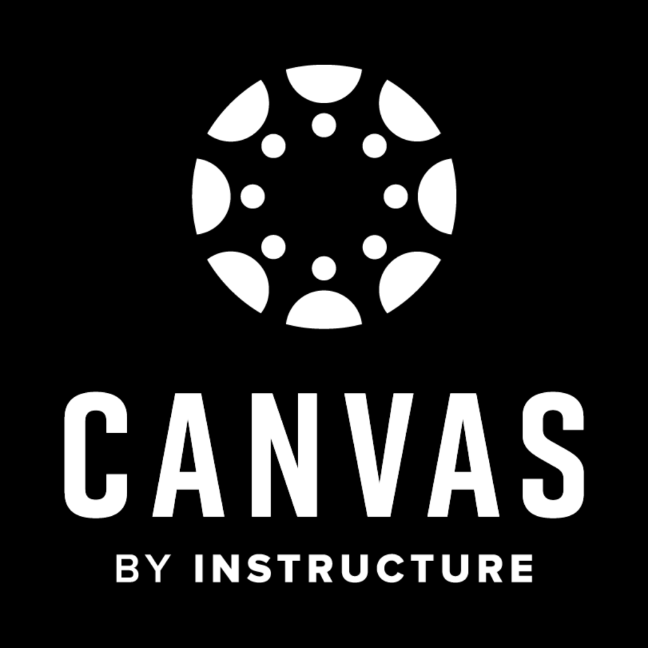
Digital Learning Environment project
In May 2021, in support of the Flexible Learning Programme, a group of colleagues from across the University began to review what we want to see from our Digital Learning Environment (DLE) and what support will be needed, with a view to delivering a new DLE over the next three to five years.
The term ‘Digital Learning Environment’ includes our Central Learning Environment (CLE), and a wide range of integrated digital tools and applications known as the software ecosystem.
The CLE is an environment in which academics structure and create course content, accessed by students to frame and support their learning. This may be a previously recognised Virtual Learning Environment (VLE) such as Blackboard Learn, or another system such as Teams.
The software ecosystem needs to support pedagogy and the learner journey, and not to be technology for the sake of technology. A set of recommendations for the software ecosystem were produced following the DLE review in 2022. This included the need to consolidate tools that support the CLE and contain a standard set of named software.
The DLE project sits within the Technology workstream of the Flexible Learning Programme and is led by Caroline Bowsher (Flexible Learning Academic Lead for the Digital Learning Environment and Professor in Biology).

Preparing to move from Blackboard Learn to Canvas by Instructure
Visit the CLE page for more information about the University's journey moving from Blackboard Learn to Canvas by Instructure.
DLE project history
A Digital Learning Environment (DLE) is as important to a university as its people, buildings and teaching spaces.
It is impossible to imagine a university delivering teaching without the support of digital tools and online content delivery, particularly as we continue our journey towards more flexible and blended learning.
At the centre of the DLE is the CLE (Central Learning Environment).
With our current provider contract due for renewal and the imminent retirement of their current product, Blackboard Learn, in favour of a more modern system, Blackboard Ultra, there is no option but to explore an alternative product. Whatever direction we decide to take, substantial effort in migrating to a new system will be required.
Experiences of teaching and learning during the pandemic and the start of our university’s journey towards more flexible and blended learning, combined with the practical necessity for a system migration makes this the ideal moment for a strategic review and renewal of our needs in terms of our DLE.
Procurement, implementation, and business change for a replacement takes a minimum of three years to achieve so we made no hesitation in starting the process. We have been working to ensure all students can continue to access a rich and engaging learning experience (alongside our flexible learning ambitions) once our current contract comes to an end.
The DLE review
Before we could start to identify future DLE solutions, we first needed to review and define the current state and future needs of the DLE – including scope, objectives and outcomes.
In May 2021, the DLE review group was established.
Between August 2021 and February 2022, we held over 20 sessions with subject matter experts across the University to get their input.
In January and February 2022, we held four workshops with over 160 students and staff to get their views on our future DLE. Over 1000 comments were collected, and between February and April 2022, we used all the feedback gathered to create a set of requirements for our future DLE.
In June 2022, we held an update meeting for all staff to share our findings and update on next steps. Over 100 members of university staff attended the meeting – you can find the materials from the meeting below:
- Meeting slides (which include a full list of the review group members and more information on our requirements and recommendations)
- Notes from the meeting including answers to questions submitted by attendees
Based on the feedback received from students and staff, a series of requirements were collated. These requirements informed a series of recommendations and next steps – which are captured in the final DLE review report.
Take a look at our interactive presentation which explores the DLE report in brief.
Or:
The DLE Advisory Group
For the next stage of the DLE project, a DLE Advisory Group has been formed. Its membership consists of:
- Chair: Caroline Bowsher
- HUMS Academic leads: Sarah Dyer, Nadim Mirshak
- FSE Academic leads: Niels Walet, James Brooks
- FBMH Academic leads: Andrew Hall, Jane Mooney
- ITL lead: Hannah Cobb
- E-Learning lead: Dan Jagger
- Head of Digital Learning: Ian Hutt
- Academic Lead Digital Learning: Stephen Pettifer
- IT (TL&SE) lead: Sharon Newton
- IT Blackboard/VLE expert: James Newson
- Library lead: Jennie Blake
- Accessibility lead: Louise Pepper-Kernot
- Student reps: Katie Jackson (Humanities Officer); Raheel Ansari (FSE Officer); Ansab Ali (Research Officer)
- Business architect: Stephen Dashfield
- Academic theme lead for Assessment (Flexible Learning Programme): Miriam Firth
- Academic theme lead for Digital Learning (Flexible Learning Programme): Jane Mooney
- Academic theme lead for Flexible Pathways (Flexible Learning Programme): Angela Davies
The following roles will support the group as directed by the chair:
- Business analysts: Simon Barnes (Lead BA), Gavin Sugg, Pamela Ransome, Pattie Macdonald, Ela Kosciak
- Admin support: Harry Schofield
- Change communications lead: Robert Webb
- Change management lead: Evelin Peil
- Project management lead: Chris Cookson
DLE timeline
We are now moving into delivery of the recommendations that were created as a result of the DLE review. The table below outlines the main high-level deliverables:
| Academic Year | Planned activity |
| 2022-2023 |
Set up Advisory Group - COMPLETED Publish CLE tender document (further details below) - COMPLETED Evaluate tender responses - COMPLETED |
| 2023-2024 |
Award contract to chosen CLE Supplier - COMPLETED Begin implementation process for CLE Design evaluation processes for reviewing software in Teaching and Learning Begin evaluation of software within Teaching and Learning |
| 2024-2025 |
Release first recommended software list (September 2024) Continue with implementation of CLE Migrate data from existing CLE to new CLE Training for users on CLE |
| 2025-2026 |
New CLE goes live (September 2025) Second release of recommended software list (September 2025) |
| 2026-2027 |
Final release of recommended software (September 2026) Hand over evaluation and software management processes to the responsible teams |
CLE tender and usability testing
During the summer, over 260 staff and students completed usability testing on three systems: Canvas by Instructure, Blackboard Learn Ultra, and Brightspace - based on tender submissions from the three suppliers. Testers were selected from a cross-section of teams, and with a broad range of differing needs and expectations, in order to fully test the accessibility and user experience of each system.
The CLE Evaluation Panel then analysed the responses, alongside other data and criteria about each system’s ability to deliver across a number of key requirements. The system it was determined most meets the University’s requirements was Canvas by Instructure.
Instructure have been informed that they have successfully won the contract, and we are now in the midst of the ‘discovery phase’ – where, over the next three months (beginning November 2023), we will work with them to configure the system to our needs in a way that works for staff, students and the University as a whole.
We will ensure the feedback generated to date, including data from the usability testing phase, will inform the transition to Canvas – and will also continue to work closely and collaborate with students and staff from across the University. We’ll also be looking for early adopters ahead of the new system being rolled out in 2025.
To answer some of the most common questions received, we have compiled a series of FAQs which will be updated on a regular basis:
- About Canvas (last updated 20 December 2023)
- Blackboard (last updated 20 December 2023)
- Data migration (last updated 20 December 2023)
- Early adopters (last updated 20 December 2023)
- EDI and accessibility (last updated 20 December 2023)
- eLearning (last updated 20 December 2023)
- LTIs (last updated 20 December 2023)
- Training (last updated 20 December 2023)
Additional projects
Alongside the CLE project, we will also oversee a number of technology pilot projects. Further details about the scope of these will be published on this page when available.
If you have any questions about the Digital Learning Environment review, or would like to feed in via email, please contact us at FlexibleLearning@manchester.ac.uk.

